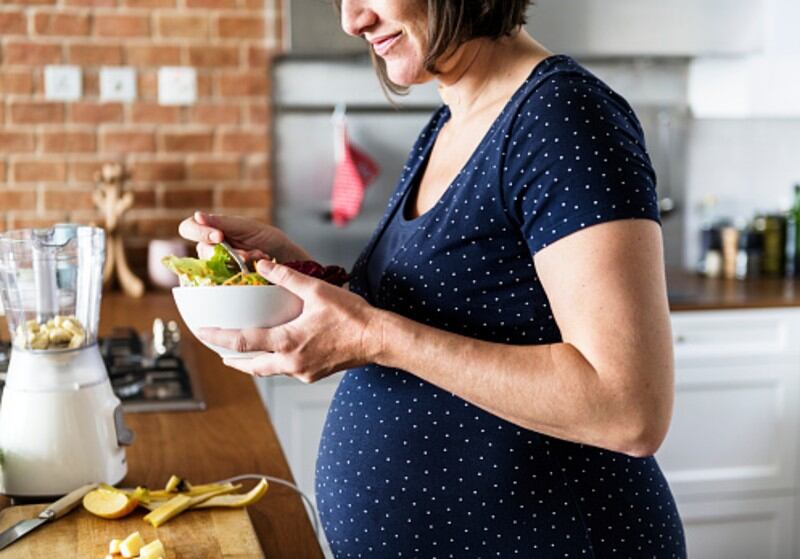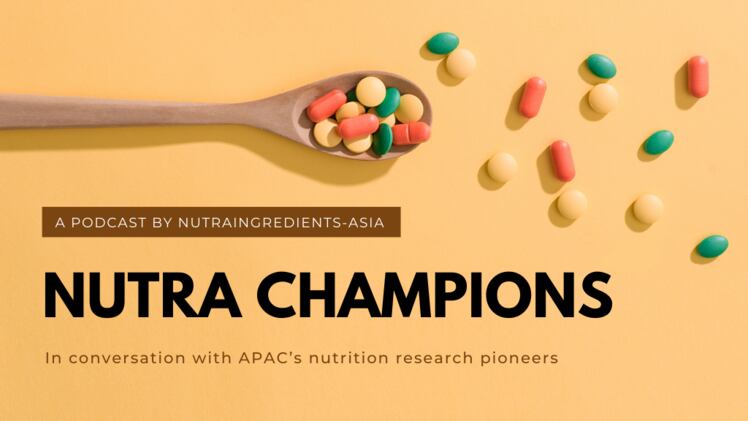Dr Jun Shi Lai, senior research fellow at Singapore Institute for Clinical Sciences, pointed out the above in her talk at the Growth Asia Summit held in Singapore between September 26 and 28.
She was presenting the topic “Optimising maternal nutrition from preconception to post-pregnancy for the health of mothers and their children”.
At the presentation, she highlighted findings from two clinical studies, namely the Growing Up in Singapore Towards healthy Outcomes (GUSTO) and Singapore PREconception Study of long-Term maternal and child Outcomes (S-PRESTO).
These are said to be Singapore’s largest and most comprehensive birth cohort studies.
The former involved 1,200 pregnant women from their first trimester of pregnancy, where they and their children were followed up until the kids turned 13.
Information on the children’s nutrition, physical activities, anthropometric measures, body composition, and neurocognitive development, genes, and gut microbiome were collected.
The latter studied women who were not yet pregnant but were planning to get pregnant. They and their children were followed up until the kids turned seven.
“The purpose [of the two studies] is to find out how pre-conception and early post-conception factors influence offspring health later in life,” said Dr Lai.
Based on the findings from S-PRESTO, it was found that women with high folic concentration and vitamin B12 insufficiency had a higher risk of gestational diabetes.
“We noticed that among women who had high folic concentration and coupled with B12 insufficiency, they tended to have higher risk of gestational diabetes.
“However, the same association was not observed in women with sufficient B12 levels.”
The findings suggest that antenatal supplementation should look beyond just folic acid, but also address micronutrients deficiencies.
“This finding has important implication on antenatal supplement, because it highlights that it is important to ensure B12 sufficiency and not always focusing on increasing folate intake and concentration,” she said.
Other deficiencies and impacts on off-springs
Magnesium deficient women were also reported to have young children who scored lower in school readiness test.
Findings showed that at age four, children with mothers deficient in magnesium scored lower in areas such as number knowledge test, identification of letters, and handwriting.
A higher concentration of lutein and zeaxanthin in mothers were also associated with a lower risk of poor offspring visual acuity at three years old.
Visual acuity is related to the ability in distinguishing shapes and details of a given object from a distance.
Micronutrient deficiencies seen in affluent societies
Micronutrient deficiencies are thought to be a problem in less well-off countries, but this was also the case for affluent societies like Singapore as well.
“Quite a large proportion of our GUSTO mothers have high prevalence of deficiencies and insufficiencies in vitamin D, B12, magnesium, and iron,
“This is quite surprising because we thought that Singapore, being an affluent country, would not have issue in food availability and accessibility, but there's still a high prevalence of deficiency in nutrients,” Dr Lai said.
Women involved in the GUSTO study also had lower average concentrations of carotenoids as compared to pregnant women involved in other studies.
She said that this could be reflective of the lower fruits and vegetables consumption in GUSTO mothers, because only about a-third of them maintained the national recommendation servings of two fruits and two vegetables a day.
Healthy eating and body composition matter
When it comes to preconception, the overall diet and body composition are two crucial factors.
Findings showed that a higher adherence to healthful plant-based diets were significantly associated to greater fecundability and vice versa.
Fecundability refers to the probability of conceiving within a menstrual cycle.
The plant-based foods studied were categorised into the healthy ones, such as fruits, vegetables, nuts, legumes, and the unhealthy ones, such as refined grain, sweets, and desserts.
Another study that looked at fast food dried snack diet versus the healthier seafood fish vegetable diet, showed that women taking the former, would have a significantly lower concentration of nutrients good for babies even after they took supplements.
“We noticed that women who have consistently high adherence to the unhealthier patterns have significantly lower concentrations in the number of nutrients important for foetal growth and development.
“We also noticed that even with the consumption of antenatal supplements, those women who have consistently high adherence to the less healthy pattern, have a significantly lower concentration in the number of nutrients,” she said.
Supplements such as folic acid and iodine were also associated with a greater fecundability.
Aside from the types of diets, body composition, such as body mass index (BMI) is also related with fecundability.
For instance, a higher BMI and higher skinfold thickness were associated with a higher total body fat percentage, which in turn led to a lower fecundability.
“This study tells us that having optimal BMI, as well as having lower adiposity may improve fertility,” Dr Lai said.
Being underweight was also found to be related to a lower fecundability.
“There is an indication that being underweight may also lower the probability of conceiving, but in our adjusted analysis model, the results are not statistically significant,” she said.





